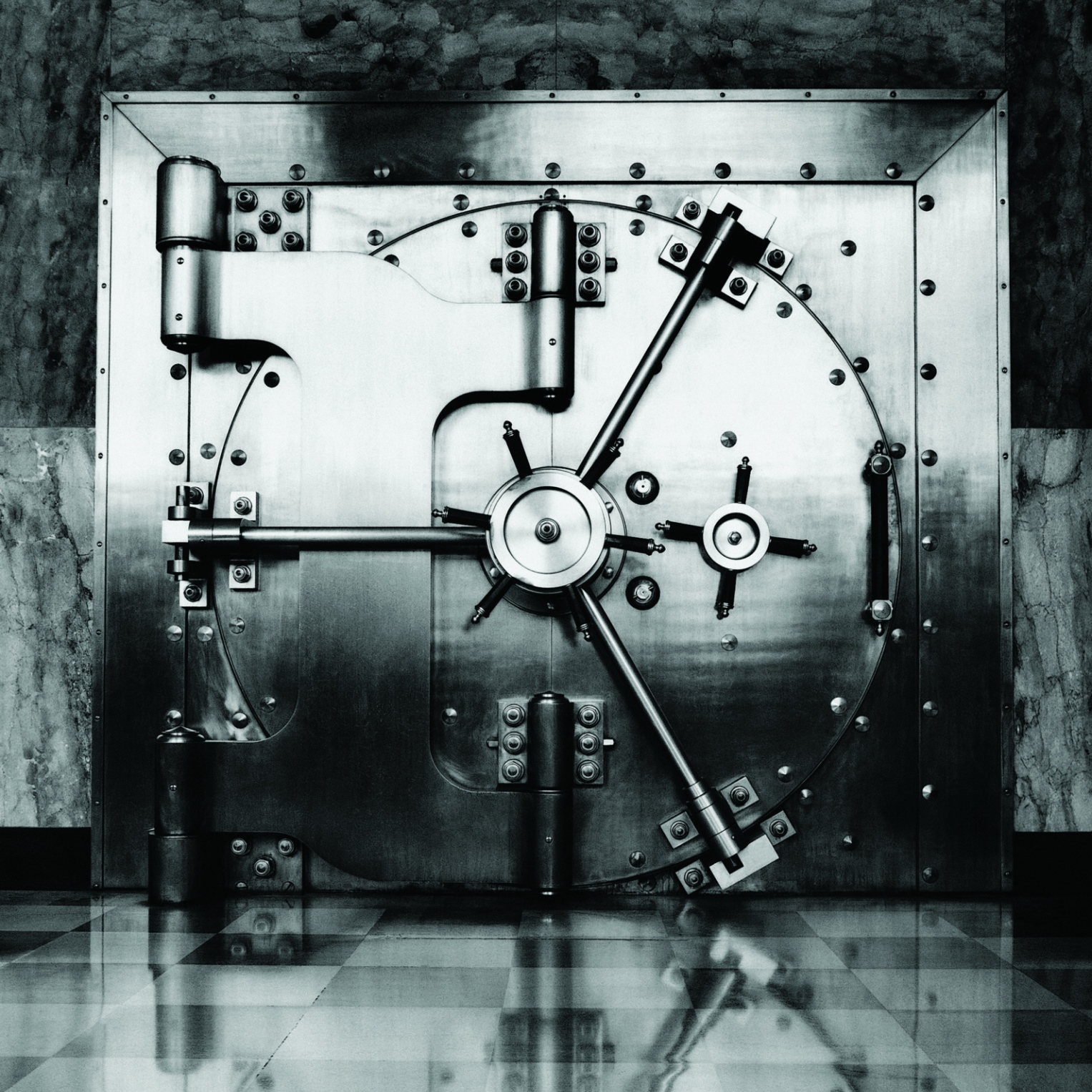Banking, finance, and taxes
6 Impressive Bank Dividend and Buyback Hikes After Fed-CCAR Results

Published:
Last Updated:

It was just last week that investors learned that all of the major banks were shown to have passed their Federal Reserve stress tests. Now the capital return plans (CCAR) have been approved as well. That means that some of the banks were freed up to increase dividends and to increase stock buybacks. Some of the hikes were considerable.
24/7 Wall St. has outlined several of the winners which were indicated higher due to large capital return plans. No additional data or metrics were provided, and please recall that last week’s post-news gains quickly turned into large losses based upon the Brexit vote unexpectedly coming true.
This shows the gains for six of the big banks, but there have been many such dividend and buyback announcements after passing the Federal Reserve’s Comprehensive Capital Analysis and Review for 2016.
Bank of America Corp. (NYSE: BAC) has been a serial disappointment among the banks for dividends and buybacks. Its troubles with regulators may now be largely behind it. BofA raised its dividend to $0.075 per quarter from $0.05 per quarter. That will give it a 2.3% yield based upon the $13.19 share closing price. Bank of America will also allocate another $5 billion for share buybacks versus a $135 billion market cap.
Citigroup Inc. (NYSE: C) is seeing the biggest hike of the major money-center banks. Citi’s quarterly common stock dividend will be raised to $0.16 per share, up from $0.05 per share. That $42.12 close will generate a yield of 1.5% versus the 0.5% yield of today. Citigroup is also approving a common stock repurchase program of up to $8.6 billion (during the four quarters starting in the third quarter of 2016) versus a $123 billion market cap.
American Express Co. (NYSE: AXP) may not be a bank and may not have many offices any longer, but it is jumping in on the action. AmEx plans to increase its quarterly dividend by 10 percent to $0.32 per share and will increase its buyback up to $3.3 billion of common shares through mid-2017. Its market cap is $57 billion.
Morgan Stanley (NYSE: MS) is also regulated as a bank holding company despite having no big retail banking operations. It will repurchase up to $3.5 billion of outstanding common stock over the next four quarters, which is an increase from $2.5 billion for the comparable four quarter period in the 2015 Capital Plan. It will also increase its common stock dividend to $0.20 per share per quarter from the current $0.15 per share. Amazingly, Morgan Stanley’s yield will jump to almost 3.2% based on its $25.23 share price. Its market cap is $49 billion.
The Goldman Sachs Group, Inc. (NYSE: GS) announced that the Federal Reserve did not object to its 2016 capital plan. We will get more data soon, but this includes common stock repurchases, an increase to its quarterly common stock dividend, and also the possible issuance and redemption of other capital securities. As a reminder, Goldman Sachs is one of the largest weightings in the Dow Jones Industrial Average.
The Bank of New York Mellon Corporation (NYSE: BK) has approved the repurchase of up to $2.14 billion of its common stock in the coming year. Also approved was the repurchase of up to an additional approximately $560 million of common stock during a portion of the period covered by the repurchase plan (contingent upon issuing $750 million of preferred stock). BNY Mellon is hiking its dividend by about 12% from $0.17 to $0.19 per share to generate a yield of 2.0% based upon the $38.00 share price.
Ever wanted an extra set of eyes on an investment you’re considering? Now you can speak with up to 3 financial experts in your area for FREE. By simply
clicking here you can begin to match with financial professionals who can help guide you through the financial decisions you’re making. And the best part? The first conversation with them is free.
Click here to match with up to 3 financial pros who would be excited to help you make financial decisions.
Thank you for reading! Have some feedback for us?
Contact the 24/7 Wall St. editorial team.